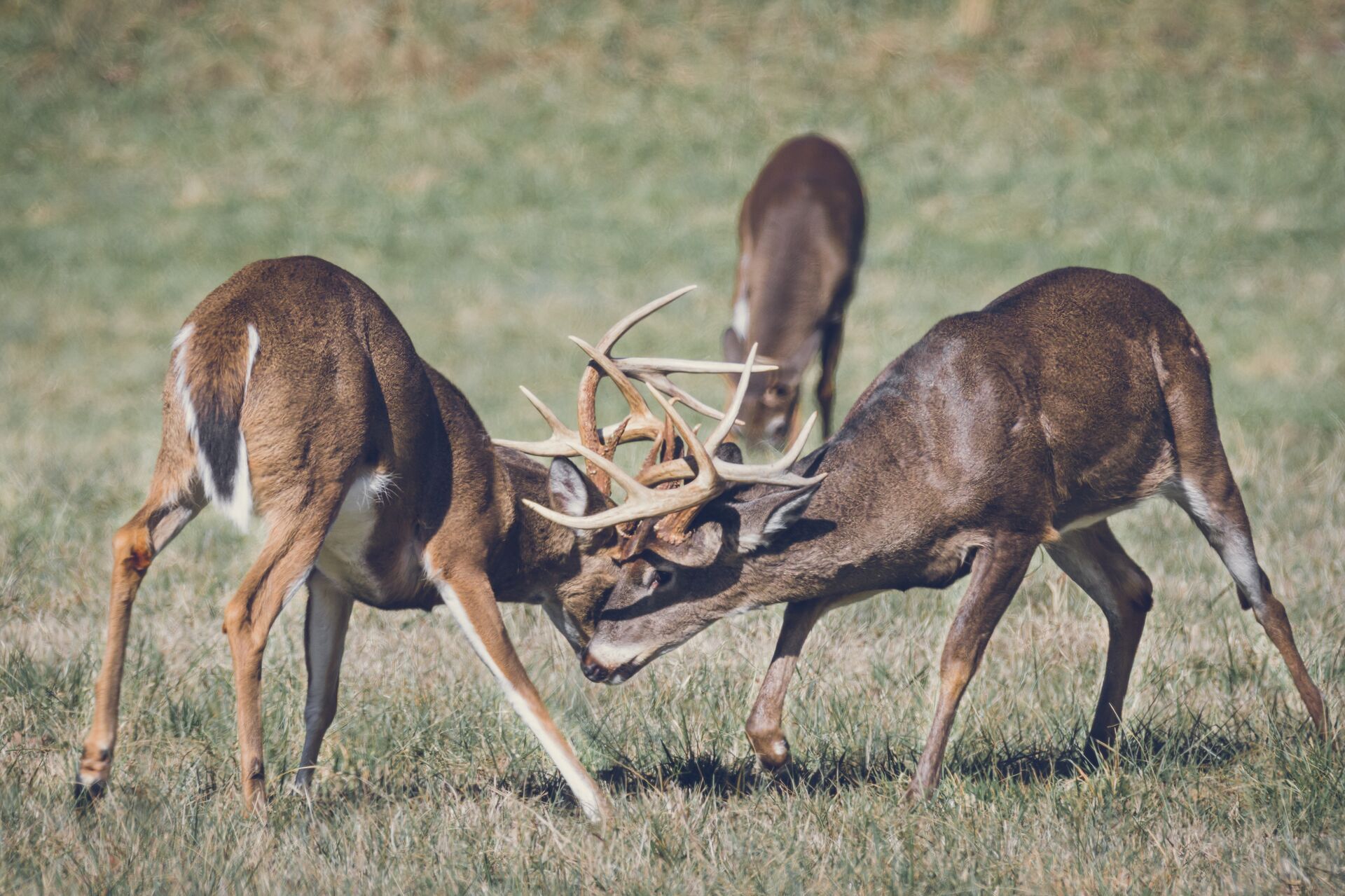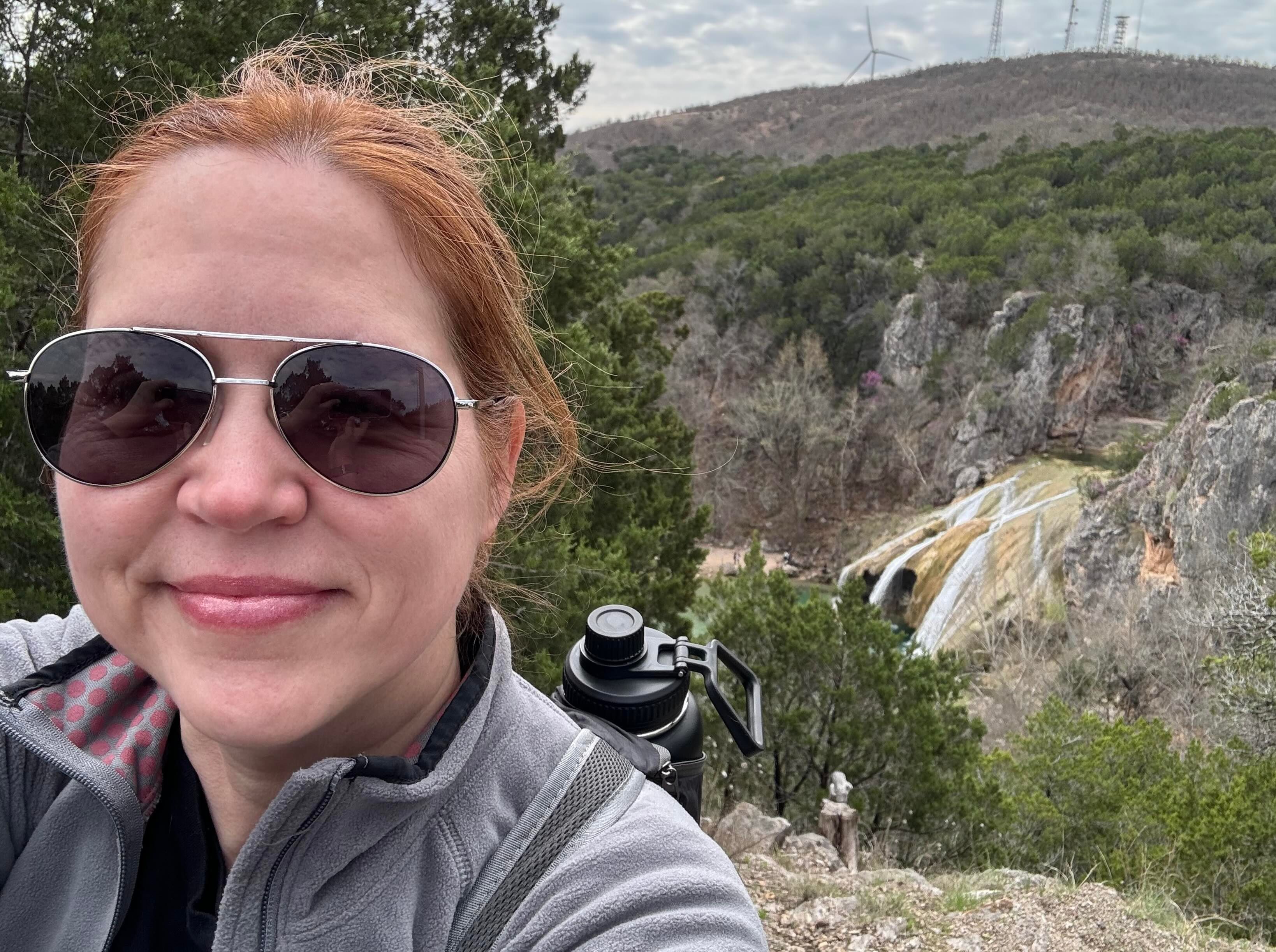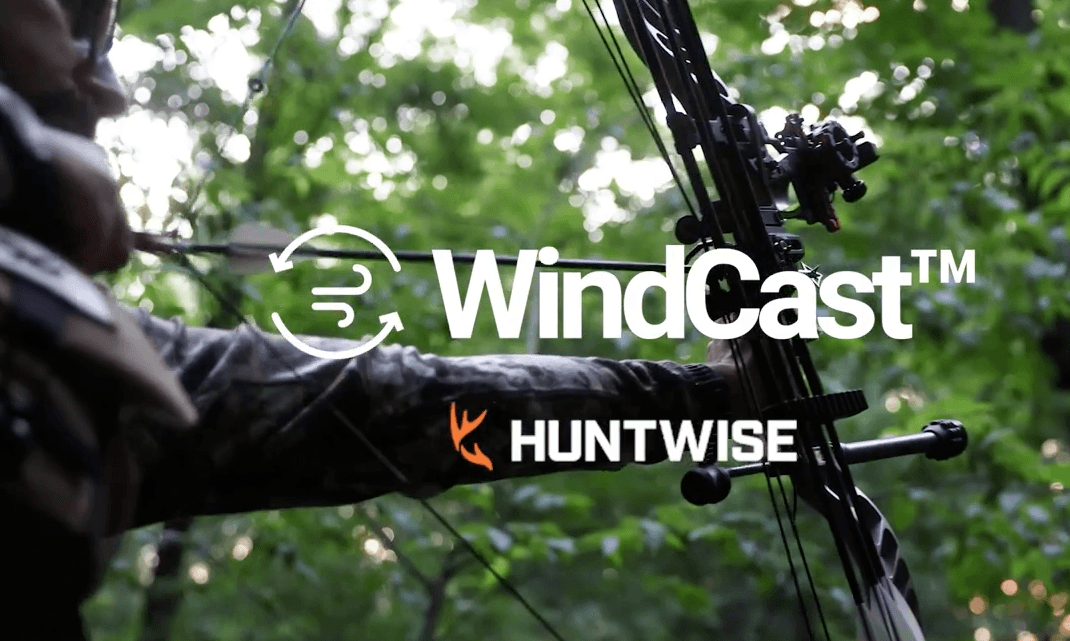Before you pack your rifle and start scanning your e-maps, you must understand the season dates and additional regulations to maintain an ethical hunt and ensure you are hunting lawfully.
This blog looks at the 2025 deer season Georgia dates, licensing requirements, bag limits, strategies, and additional considerations to help you maximize your chance of taking home a buck (or several).
Updated July 30, 2025
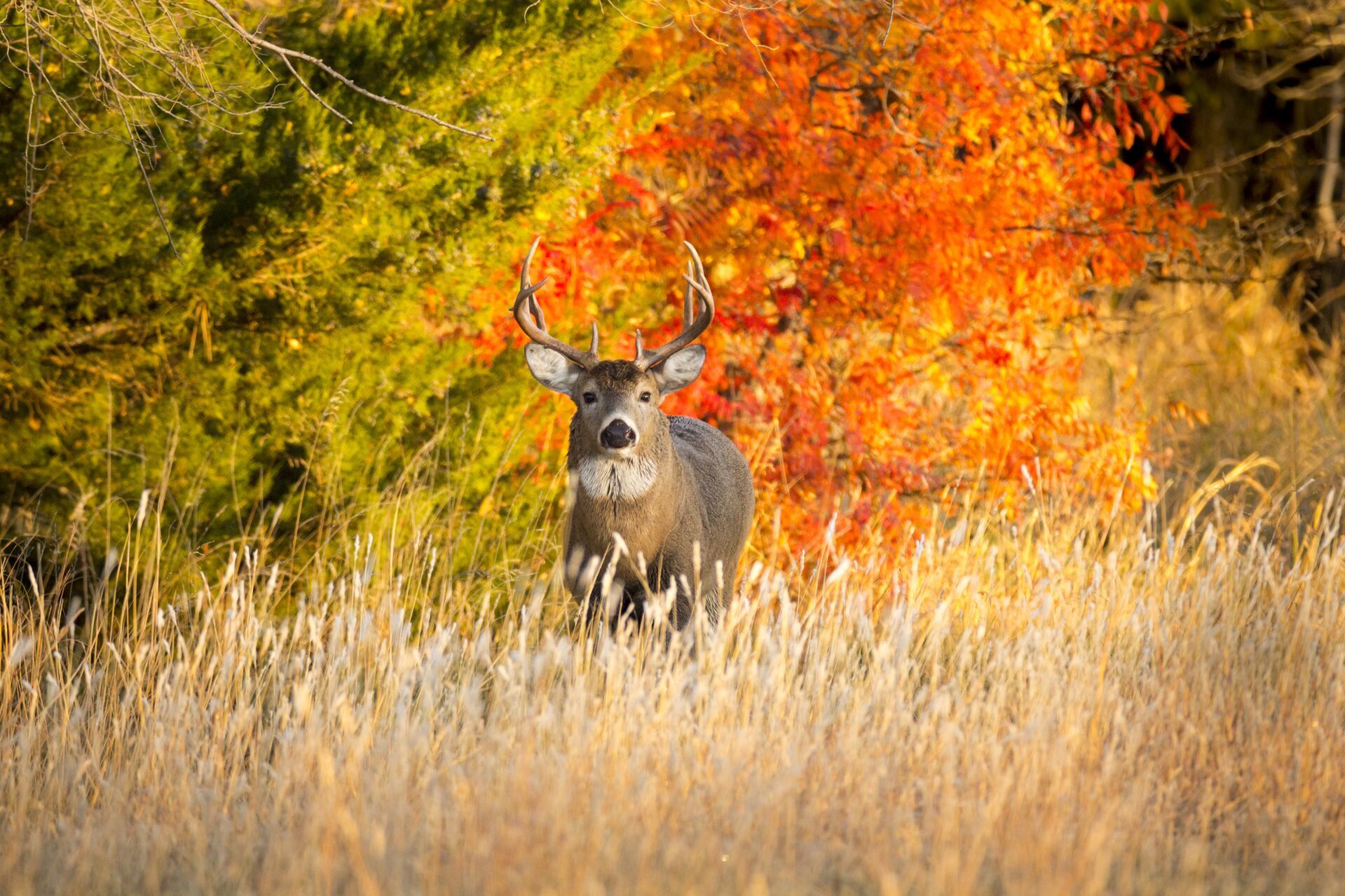
When Does Deer Season Start in Georgia?
The Georgia Department of Natural Resources (GDNR) regulates hunting through season dates that vary by county, firearm use, species type, antler vs. antlerless deer, or any other allocation that the GDNR deems necessary to maintain numbers and ecological balance.
Always consult the GDNR for the most up-to-date insights regarding seasons and other changes to regulations or requirements.
The 2025 deer season Georgia dates are as follows:
- Archery (Either-Sex Statewide): September 13 – October 10, 2025
- Extended Archery: Day following the close of county firearms season – January 31, 2026
- Primitive Weapons and Youth: October 11 – 17, 2025
- Firearms (Buck Only Statewide): October 18, 2025 – January 11, 2026
- Extended Firearms: October 18, 2025 – January 15, 2026
Regulations may change depending on the county, so make sure you check location-specific details regarding the hunting seasons.
Licensing and Permits
All hunters must possess a hunting license and complete a hunting education certificate if they were born on or after January 1, 1961.
In addition to a resident or nonresident license, hunters targeting deer must also possess a big game license, which can be purchased annually or for a single day, plus additional costs for each day added.
These are the minimum requirements; however, additional permits may be required if hunting at National Wildlife Refuges, Corp of Engineer property, or military bases.
It's also a legal requirement that deer hunters use a harvest record — but it's free. This applies to all hunters, including those under 16, private landowners, and all license holders. To record your kill, you must fill out the record accurately with the date and county and any additional required information within 72 hours.
Bag Limits and Additional Regulations
The bad limit is twelve deer per season across the state. No more than ten may be antlerless, and no more than two may be antlered.
One of the two allocated antlerless deer must have at least four points, one inch or longer, on one side of an outside spread of at least 15 inches. Antlerless deer must have no visible antlers above the hairline.
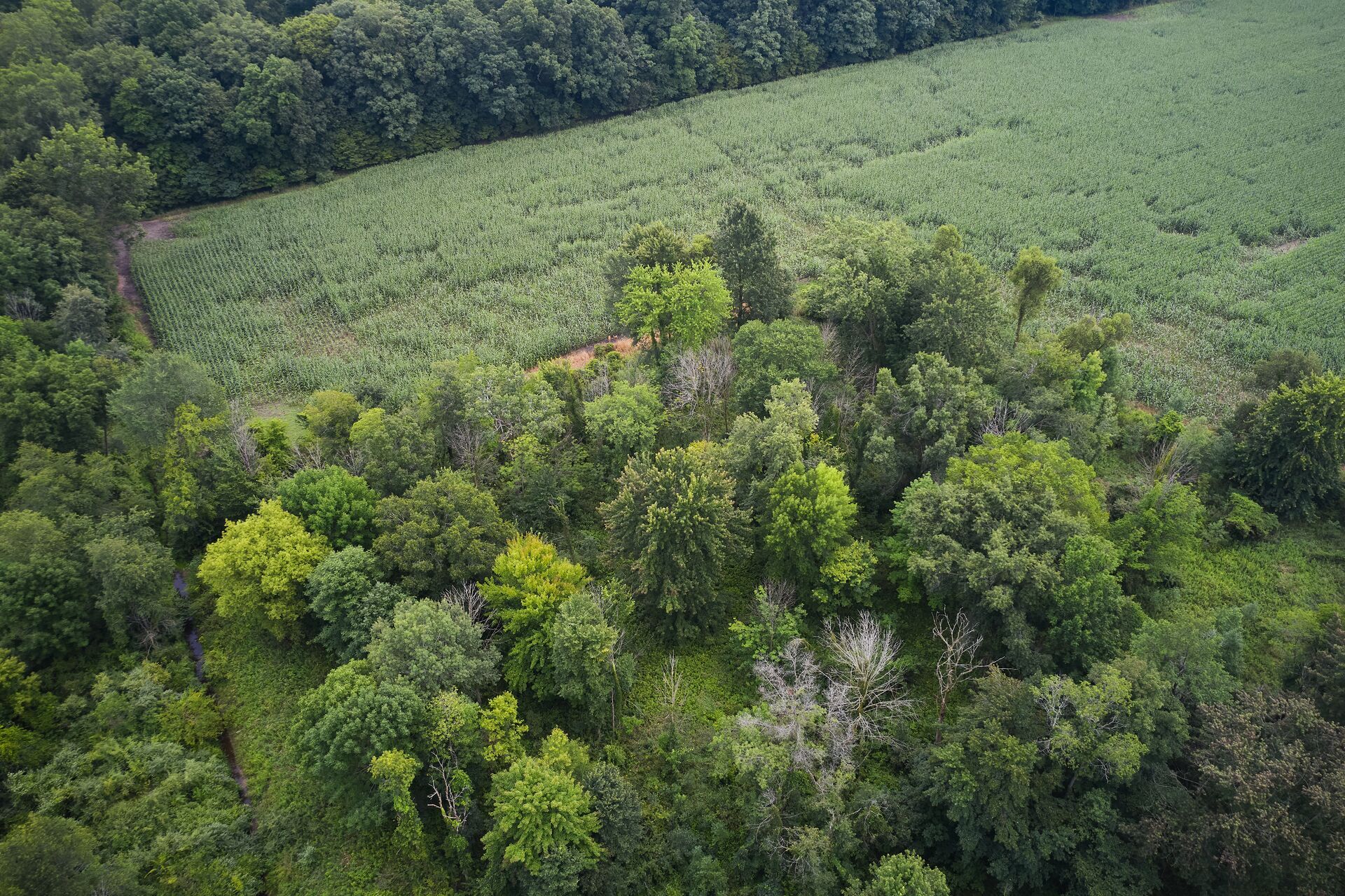
Hunting Zones and Public Land
Georgia is divided into color-coded hunting zones: yellow, cyan, orange, green, magenta, and gray. The Georgia DNR owns or leases over 100 Wildlife Management Areas (WMAs) open for hunting and leisure activities.
You'll find some of the best deer hunting in:
- Wilkinson, thanks to its mix of coastal plains and hilly terrain closer to the east
- The Blue Ridge Mountains, offering deer hunting opportunities at higher elevations
- Suches, which offers scenic hunting opportunities at the Cooper's Creek WMA.
The Upper Coastal Plain and Piedmont areas are also popular hunting areas but experience significant hunting pressure.
National Forests
National forests are prime locations for Georgia deer hunting season, including the Chattahoochee National Forest, which offers 750,000 acres of pure wilderness and plenty of whitetails.
Hunting public land can be challenging, especially in some more popular locations, so it's always essential to remember some fundamental rules:
- Follow the regulations exactly as they are written and ensure you have researched the county or zone-specific rules that you intend on hunting in.
- Public land hunting is first come, first serve, so get up early and treat other hunters with respect and courtesy if you encounter them.
- Be willing to push your scouting zone or pack out further than others who may not be as willing to target less-pressured hunting zones.
- Consider training in an additional firearm type like archery or muzzleloading (if you haven't already done so) to access different season times with less hunting pressure.
If public hunting areas aren't delivering the experience or deer you want, don't forget about private land! HuntWise can help you find land and landowner contact information to ask permission for your hunt.
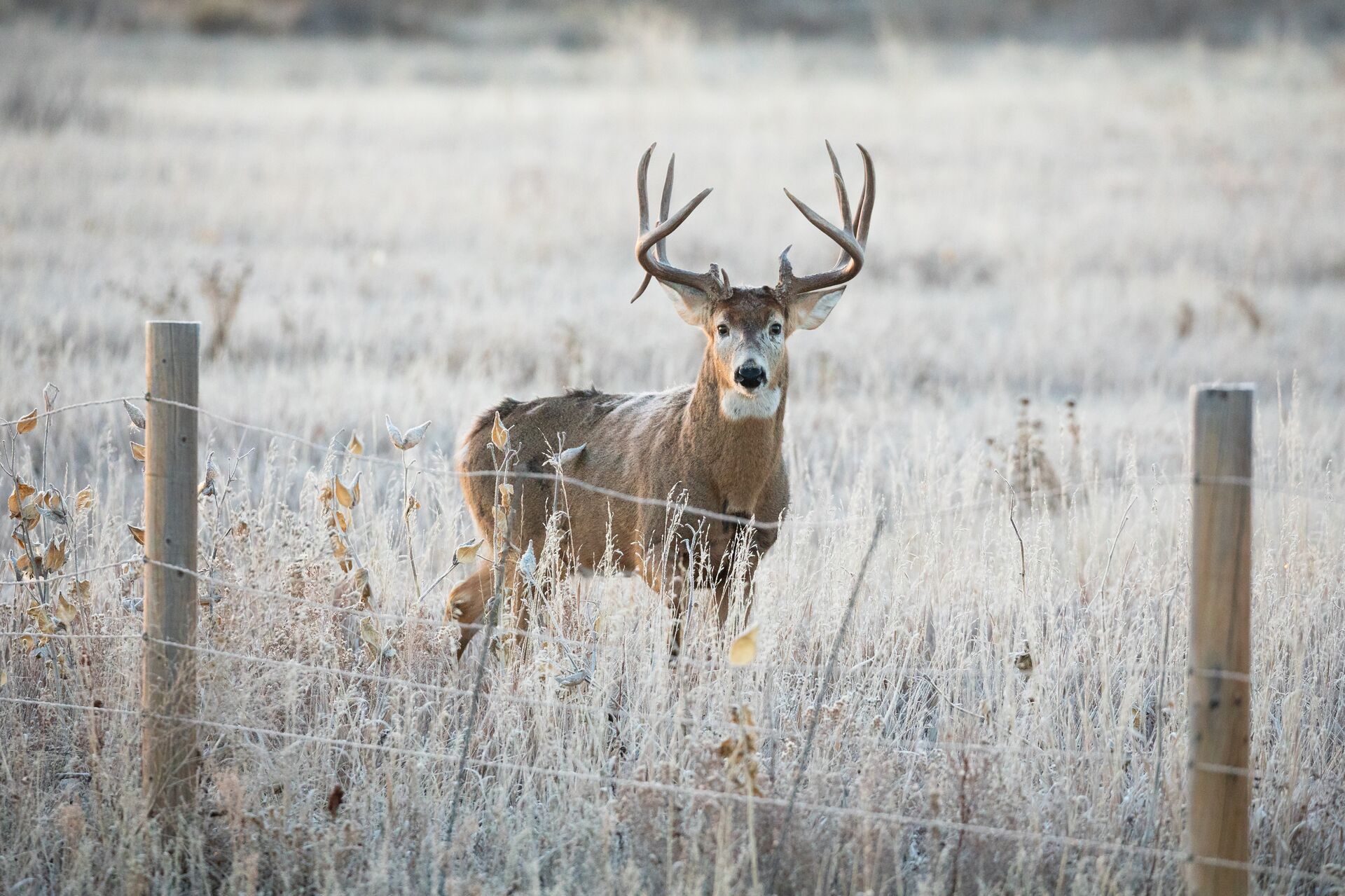
Hunting Methods and Strategies
When you've planned your hunting dates, it's time to start preparing for your hunt. Here are a few tips for success!
Start Scouting ASAP
The more scouting you engage in and the earlier you start, the more successful your hunt will likely be.
Start by exploring the hunting zones and differing geographical areas with the HuntWise app. Use 3D and topographical features to mark high-potential regions, which could be mixed zones, bedding areas, or passageways with access to water.
Also, if allowed on the land you plan to hunt, trail cameras are not just for confirming the presence of deer but also for gaining crucial insights into their behavior and movement patterns. This understanding can significantly enhance your hunting strategy.
Stand Placement and Wind
Stand placement and understanding the wind go hand in hand when preparing for a hunt. While you can't predict wind direction, apps like HuntWise, with the WindCast feature, help pinpoint precise locations where your stand will be best positioned to remain undetected.
As a general rule, always set up your tree stand on the upwind side of a trail and downwind from where the deer are or are predicted to be coming from.
Match Your Hunt to Deer Behavior and Weather
The rut refers to the breeding period for deer and the time before and after this phase can also impact deer behavior and require a shift in hunting strategy. This is generally divided into three periods.
- The pre-rut occurs right before deer breeding season, and you'll likely see increased daylight activity from the deer. If some bucks start getting fired up early, you may want to spend longer in your stand or blind as you are more likely to see one during the day, and they may be less cautious.
- The rut is the heightened period of deer activity. Understanding deer signs such as rubs and scrapes is crucial. Does come into estrus during this time, and bucks are actively seeking mates. Look for these signs to establish high-activity areas, and consider using decoys and calls.
- The post-rut occurs after the rutting phase and is usually marked by a decline in deer activity as deer are exhausted from the breeding period. Although some deer may still be searching for does, you would be better served to target high-food areas as bucks will be looking to lay low and replenish their energy reserves during this time.
Finally, ensure you are hunting with the weather in mind, as temperatures, wind, rain, and barometric pressure can all impact deer behavior and activity.
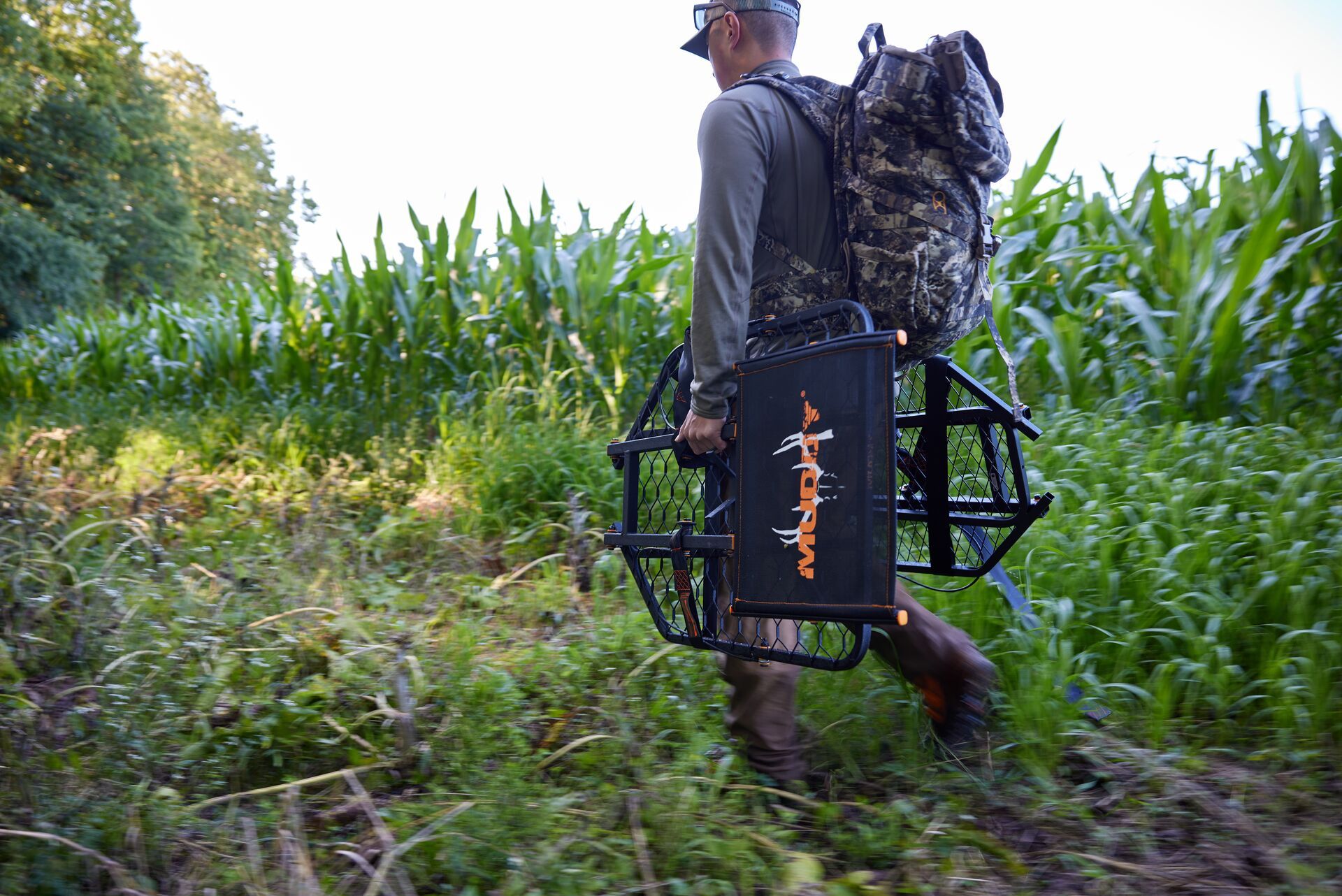
Gear, Equipment, and Preparation
The key to any successful hunt is meticulous preparation. This involves ensuring all your gear is ready and in prime working condition. Georgia's humid subtropical climate, with long summers, hot temperatures, and shorter winters, underscores the need for such preparation.
Moisture-wicking, thermoregulating clothing is a must, as is a decent pair of boots, optical equipment, and a mapping or GPS service.
The use of rifles, bows, and arrows will depend on personal preference, experience with the firearm type, and licensing for that particular season.
Spending time in the WMAs and forests in the off-season can be your ticket to knowing the terrain better than other hunters. You can hike or explore the natural environment, familiarize yourself with the region, and build physical endurance all at once.
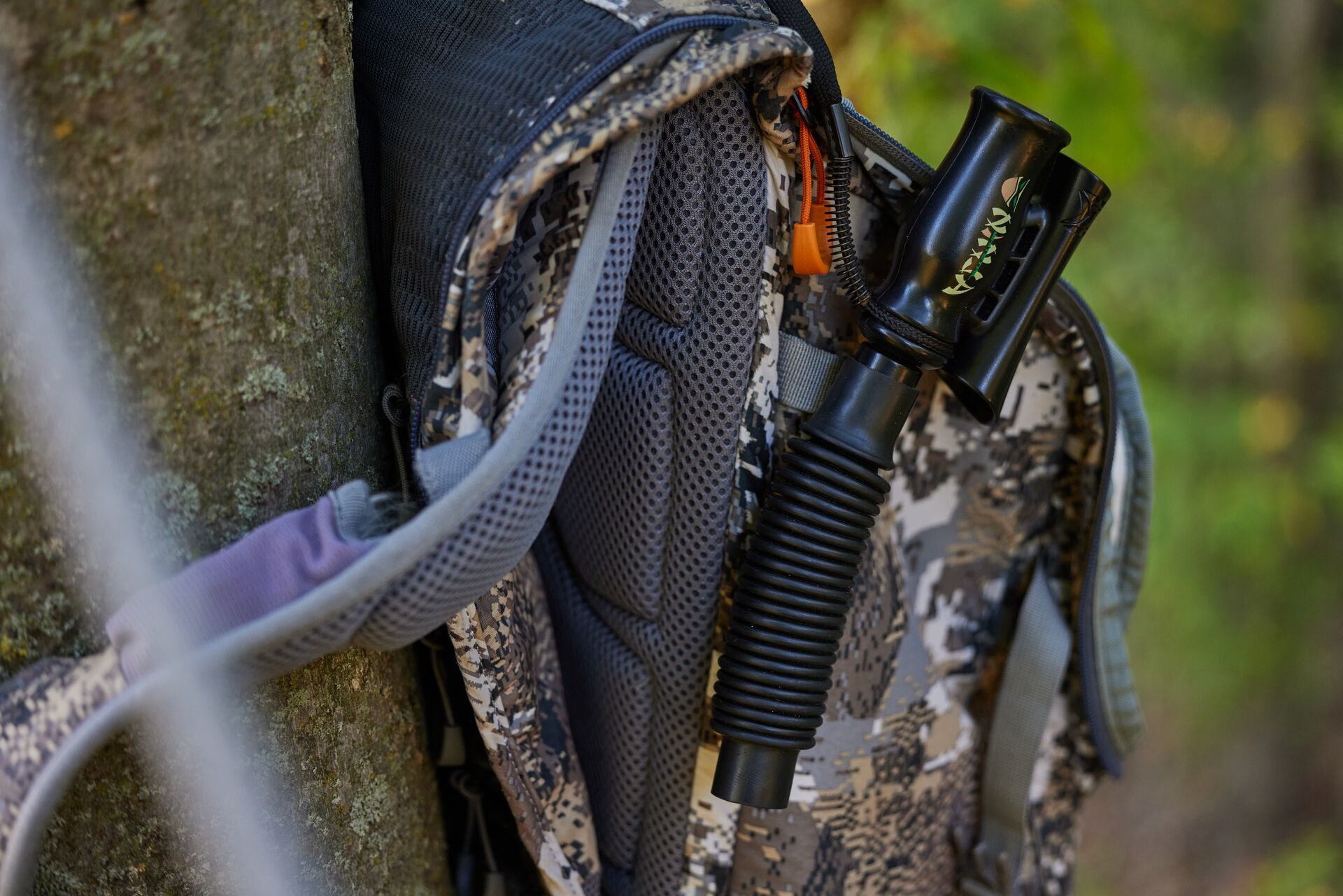


 Deer
Deer Deer
Deer Deer
Deer